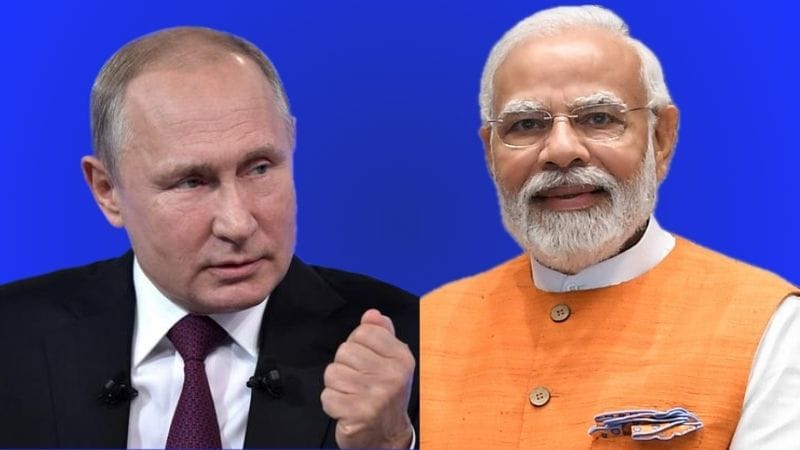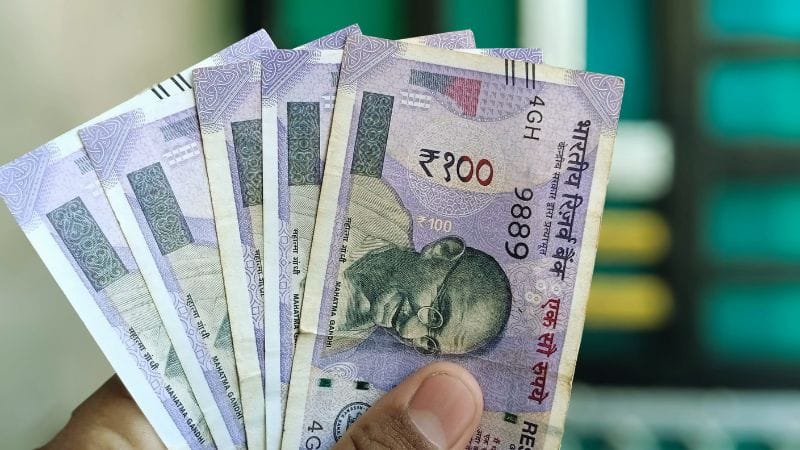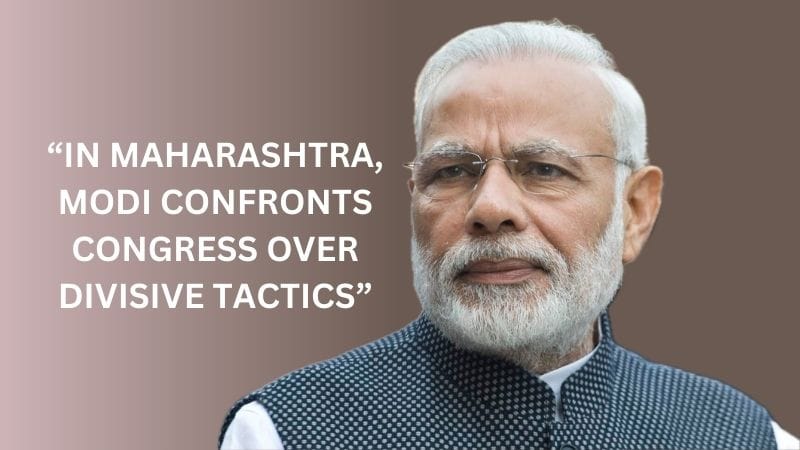Putin Endorses India Global Superpower: Economic Growth, Strong Ties
Sochi, Russia – In a significant endorsement of India’s rising influence on the global stage, Russian President Vladimir Putin asserted that India deserves recognition as a future global superpower, citing its unprecedented economic growth and strong ties with Russia. Speaking at the Valdai Discussion Club’s plenary session in Sochi, Putin highlighted the multifaceted nature of India-Russia relations, which span economic cooperation, defense, security, and technological collaboration. Putin Endorses India Global Superpower:
The Russian leader’s remarks come at a time when India is achieving record-breaking growth rates and cementing its place as one of the world’s largest economies. Putin’s comments, covered widely by Russian media outlets, underscore Russia’s deepening relationship with India as a key strategic partner and affirm India’s potential to join the ranks of global superpowers.
India’s Economic Growth Sets It Apart
Putin’s acknowledgment of India’s economic accomplishments centered on its impressive growth rate, which currently outpaces that of any other major economy. “India is leading the world in economic growth,” he noted, highlighting how the country’s rapid economic expansion and large population base offer substantial potential for sustained growth. According to Putin, India’s economy benefits from a young, skilled workforce and a business-friendly climate that attracts investment and innovation.
India, with its population of over a billion and a half, the fastest economic growth in the world, rich ancient culture, and excellent prospects for continued expansion, should certainly be considered a superpower, Putin declared, referring to India as a “great nation” with significant global influence.
In recent years, India’s economy has consistently grown above 6% annually, weathering global economic challenges and positioning itself as a critical driver of global growth. For many experts, India’s achievements signal a shift in the global economic landscape, as the country increasingly serves as an engine for innovation and industrial expansion in the South Asian region and beyond.
Highlighting the close cooperation between Russia and India, Putin emphasized that the two countries share a high level of trust and a robust working relationship. “We are developing relations with India in all directions,” he said, explaining that this includes not only economic ties but also a deep-rooted defense and security partnership.
A longstanding element of India-Russia relations, defense cooperation remains a priority. India has relied on Russian defense technology and expertise for decades, incorporating Russian-designed equipment into its armed forces. Putin described this defense relationship as one built on mutual trust, where Russia does not simply sell military equipment to India but collaborates with Indian experts to design and produce it. We do more than merely sell our weapons to India; we co-design them, as exemplified by the BrahMos cruise missile project, a hallmark of this partnership.
The BrahMos missile, a joint venture between India and Russia, is an example of bilateral defense cooperation that has achieved global recognition. Designed for use across multiple environments—including air, sea, and land—the BrahMos missile has become a symbol of India-Russia technological synergy. Putin emphasized that projects like these contribute directly to India’s security and are a testament to the high level of cooperation between the two nations.
Growing Defense and Security Collaboration
Beyond the BrahMos project, India and Russia continue to expand their defense and security relationship, with Russian military equipment and technology playing a crucial role in India’s defense arsenal. Russian tanks, fighter jets, and missiles are integrated into India’s military, underscoring the longstanding partnership. Putin highlighted that India’s armed forces are equipped with “many types of Russian military equipment,” which reinforces the strength and reliability of the defense relationship.
This enduring partnership, Putin said, is built on a foundation of trust and shared strategic objectives, with both nations committed to maintaining security and stability in the region. India’s acquisition of S-400 missile defense systems from Russia has been a recent example of high-level defense cooperation, showcasing India’s confidence in Russian technology amid global geopolitical pressures.
Addressing Border Tensions with China
On the topic of India’s regional security, Putin briefly addressed the ongoing border challenges between India and China, which have seen periodic skirmishes over the last few years. Acknowledging that there are “certain difficulties on the border between India and China,” he expressed optimism that both countries would continue to seek peaceful resolutions.
“Individuals who are wise and competent, and who consider the future of their nations, are seeking compromises and will ultimately find them,” Putin stated, expressing confidence in the diplomatic efforts of India and China to resolve these tensions. He noted that if India and China maintain a spirit of cooperation, compromises can be found to resolve ongoing disputes and foster regional stability.
Putin’s comments on India-China relations also reflect Russia’s interest in promoting stability among its key partners in Asia. As Russia shares strong ties with both India and China, the resolution of border issues would benefit regional trade and cooperation, enhancing stability across the Eurasian continent.
Putin’s statements signal a broader perspective on India’s role within a multipolar world order. With Russia often advocating for a multipolar international system that limits Western dominance, India’s rise aligns with Moscow’s vision of a diversified global power structure. Putin’s endorsement of India as a future superpower reflects Russia’s strategic interest in supporting emerging powers that can counterbalance Western influence and promote global stability.
India’s non-aligned foreign policy stance, which has allowed it to foster relationships with countries across the political spectrum, has positioned it as an essential partner for Russia. This balanced approach has allowed India to engage with both Russia and the West, capitalizing on its growing economic influence and establishing itself as a stabilizing force in global affairs.
Putin noted that the vision for India-Russia relations remains rooted in the present-day realities of international politics, indicating that both nations intend to adapt and expand their partnership in response to global challenges. “The volume of our cooperation is increasing many times over, every year,” he said, emphasizing the resilience and adaptability of the India-Russia relationship.
Looking ahead, Putin expressed optimism that India-Russia ties would continue to grow stronger, with collaboration in sectors such as defense, space exploration, energy, and technology. Russia has also been a significant partner in supporting India’s nuclear energy goals, including the development of nuclear reactors under civil nuclear cooperation agreements.
India’s potential inclusion as a superpower aligns with Putin’s vision of the future, where emerging economies play a central role in defining global policies and power structures. He remarked that both nations are focused on expanding cooperation in various sectors, underscoring that the depth of their relationship extends well beyond defense and security.
Moreover, as both countries continue to face economic and geopolitical challenges, their partnership may serve as a stabilizing force in global affairs, promoting policies that favor multipolarity and resist unilateral dominance. India’s emergence as a superpower, as Putin envisages, would not only elevate its own status but also enhance the collective influence of non-Western nations in shaping global governance.
Putin endorsement of India as a future superpower and a trusted partner is a notable development in the India-Russia relationship. His remarks underscore the growing significance of India on the world stage, reflecting both its economic dynamism and its potential as a global leader.

As India continues to expand its economic influence, deepen strategic ties with key allies, and assert its place in a multipolar world, the endorsement from a world leader like Putin serves to further legitimize its superpower ambitions. For India, the path forward involves balancing its strategic relationships, including with Russia, while upholding its commitment to regional stability and economic progress.
Putin’s comments reinforce the view that India’s rise benefits not only itself but also contributes positively to global power dynamics, particularly for nations advocating for a balanced, multipolar world. With support from strategic allies like Russia, India’s superpower potential is on a trajectory that could reshape the future of global politics.
Stay connected with NH Punjab on social media. Follow us on Facebook, Twitter/X, and Instagram for the latest news updates, behind-the-scenes content, and more. Engage with us online and be a part of our growing community.

Indian Rupee Hits Record Low, Implications for Economy, Inflation, and Global Trade
Indian Rupee Hits Record Low – A Deep Dive into the Causes, Impacts, and Future Implications In recent days, the Indian rupee has witnessed an alarming fall, reaching a record low against the U.S. dollar. This depreciation of the Indian currency has not only concerned policymakers but also raised questions among investors, consumers, and global …

Maharashtra Election, Prime Minister Modi Slams Congress on Corruption, Caste Politics 2024
Prime Minister Modi Accuses Congress of Corruption, Caste-Based Politics, and Insulting the Constitution in Maharashtra Election Akola, Maharashtra – In a powerful speech during a campaign rally in Maharashtra’s Akola district, Prime Minister Narendra Modi took a strong stance against the Congress party, accusing it of corrupt practices, encouraging caste-based divisions, and disrespecting India’s Constitution. …
